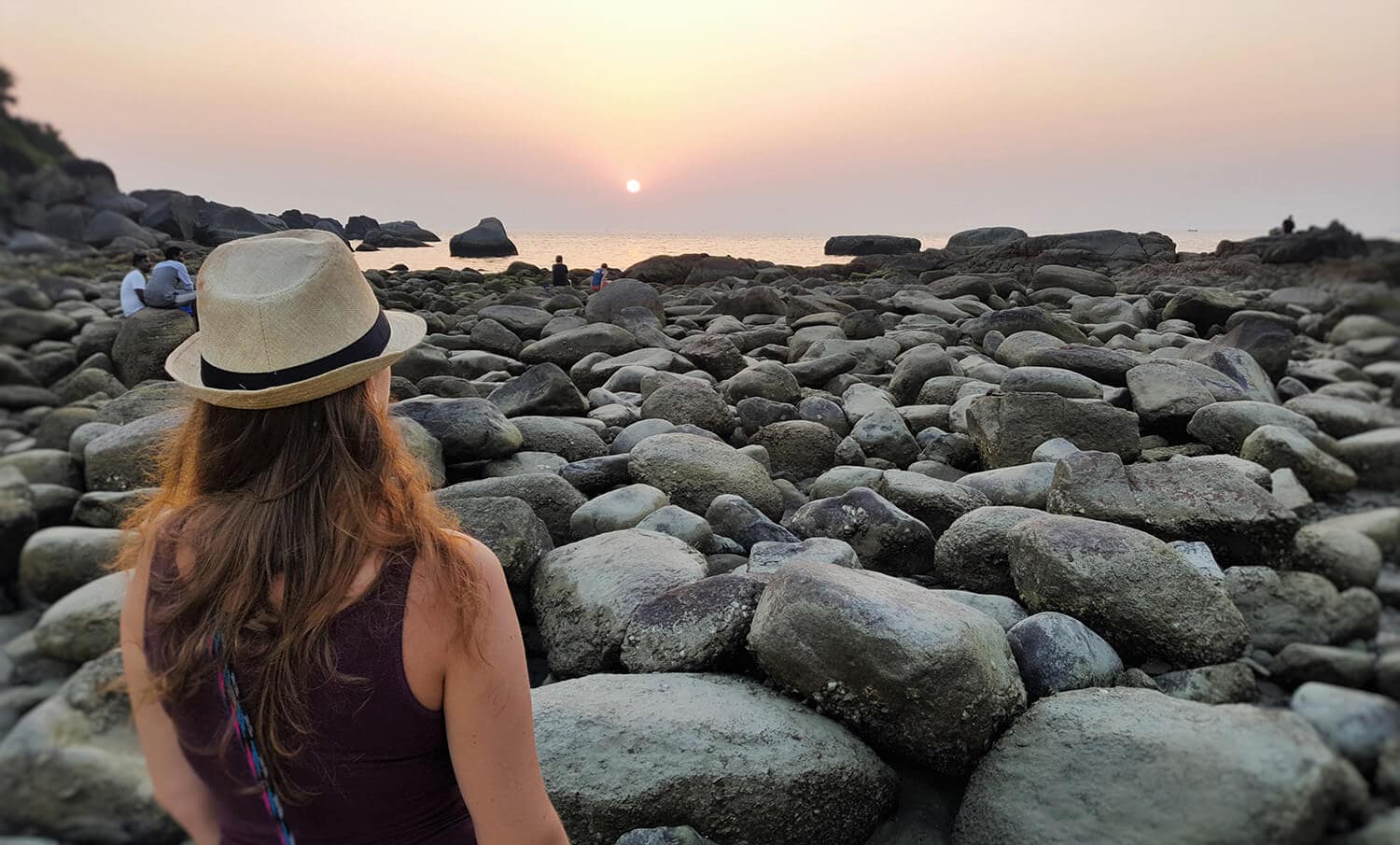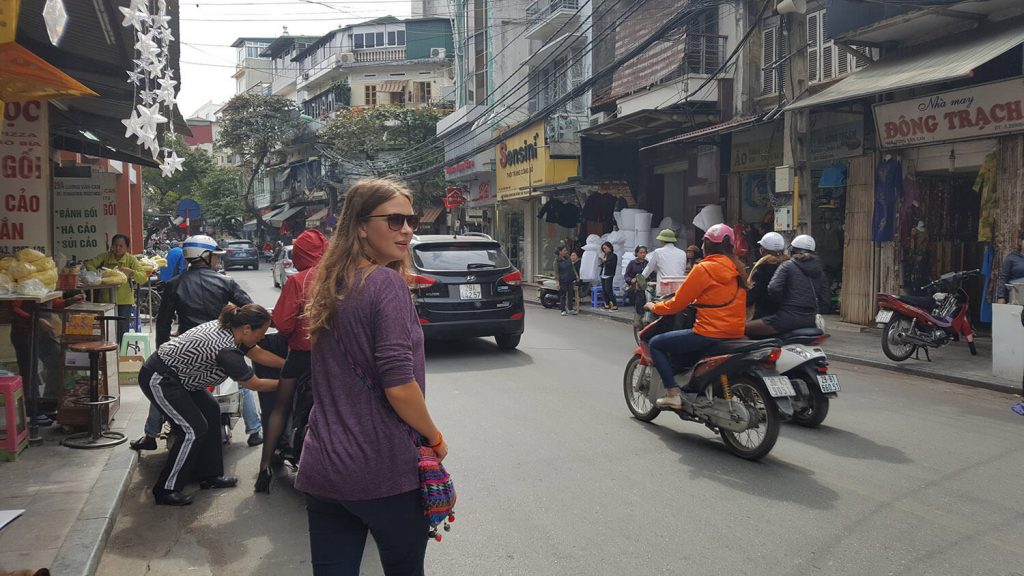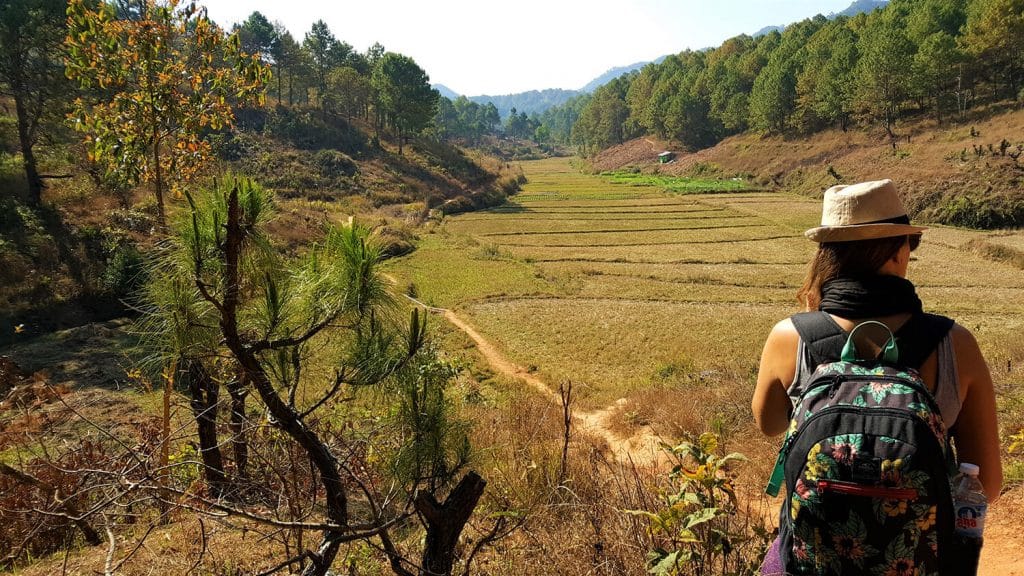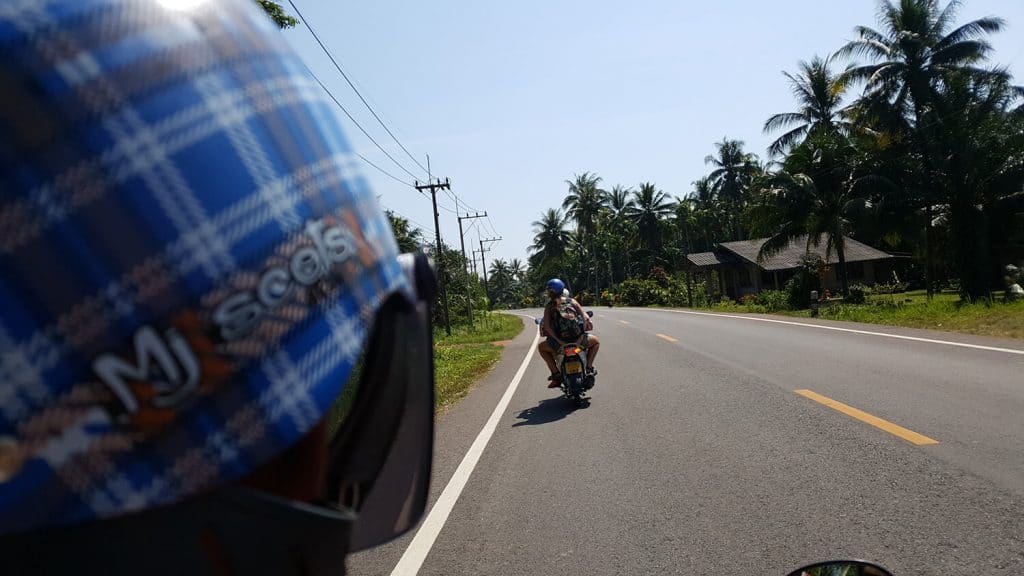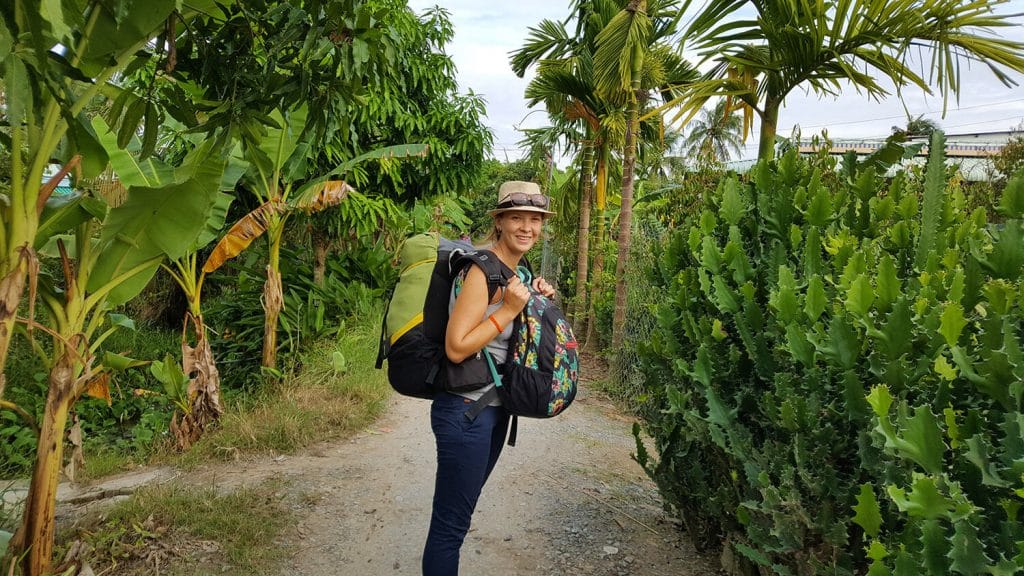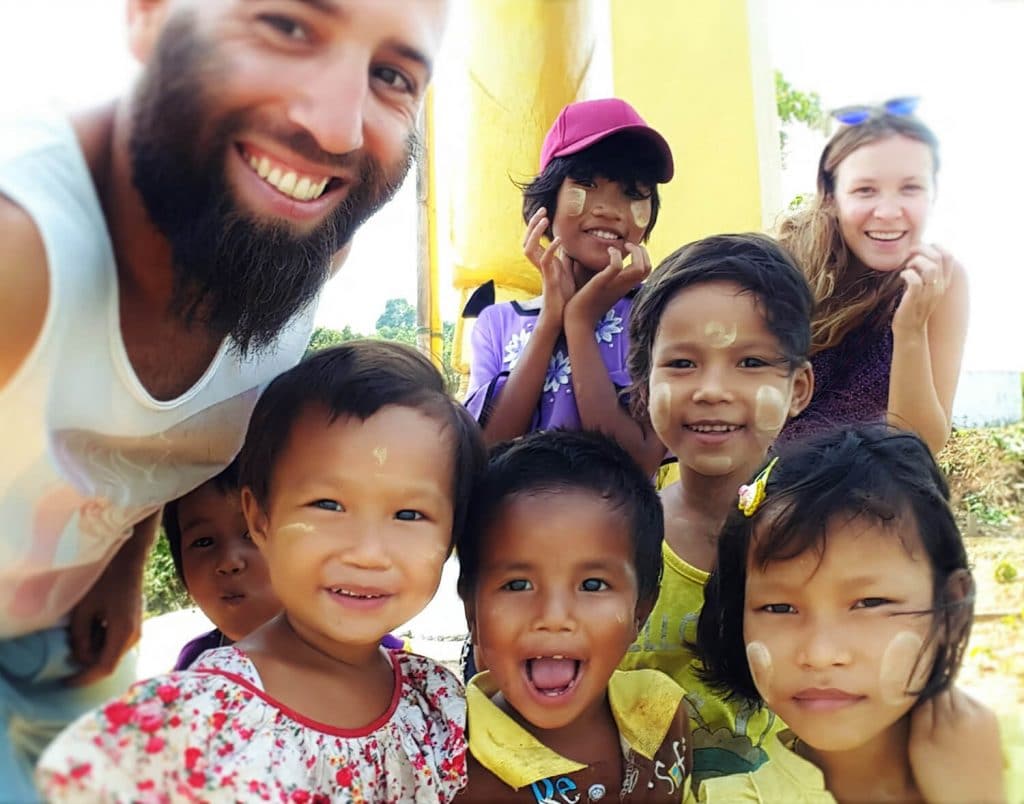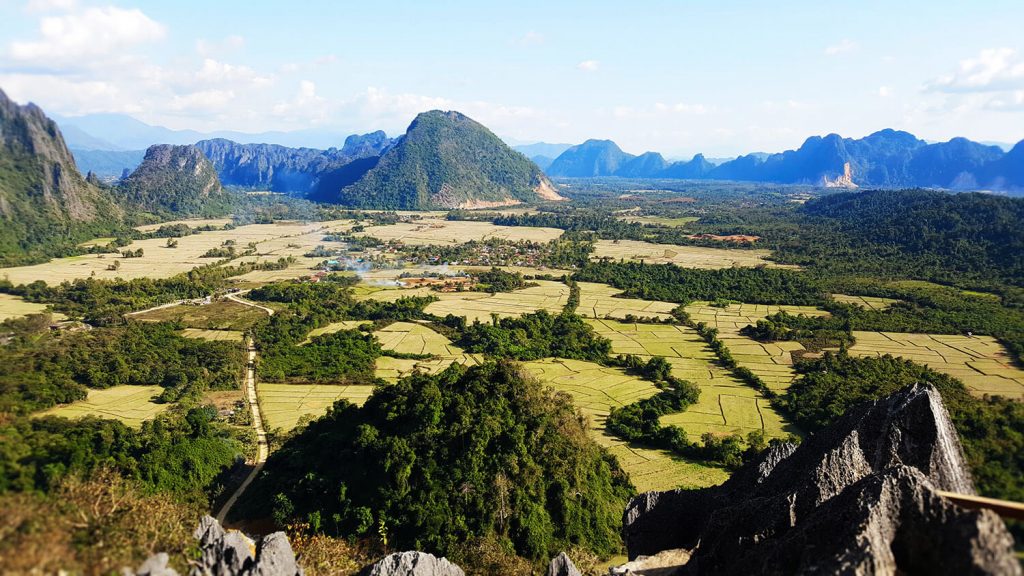For a long time, I lead a very conventional life. After finishing high school, I started university and soon enough began working. Career was going well and I even managed to take out a mortgage and buy an apartment.
Getting married and having kids was supposed to be the next step in this ideally-working plan. Yet one day I realized that this is not what I want.
While I was trying to do everything properly, I simply forgot to listen to myself. What am I dreaming of? What kind of life do I want?
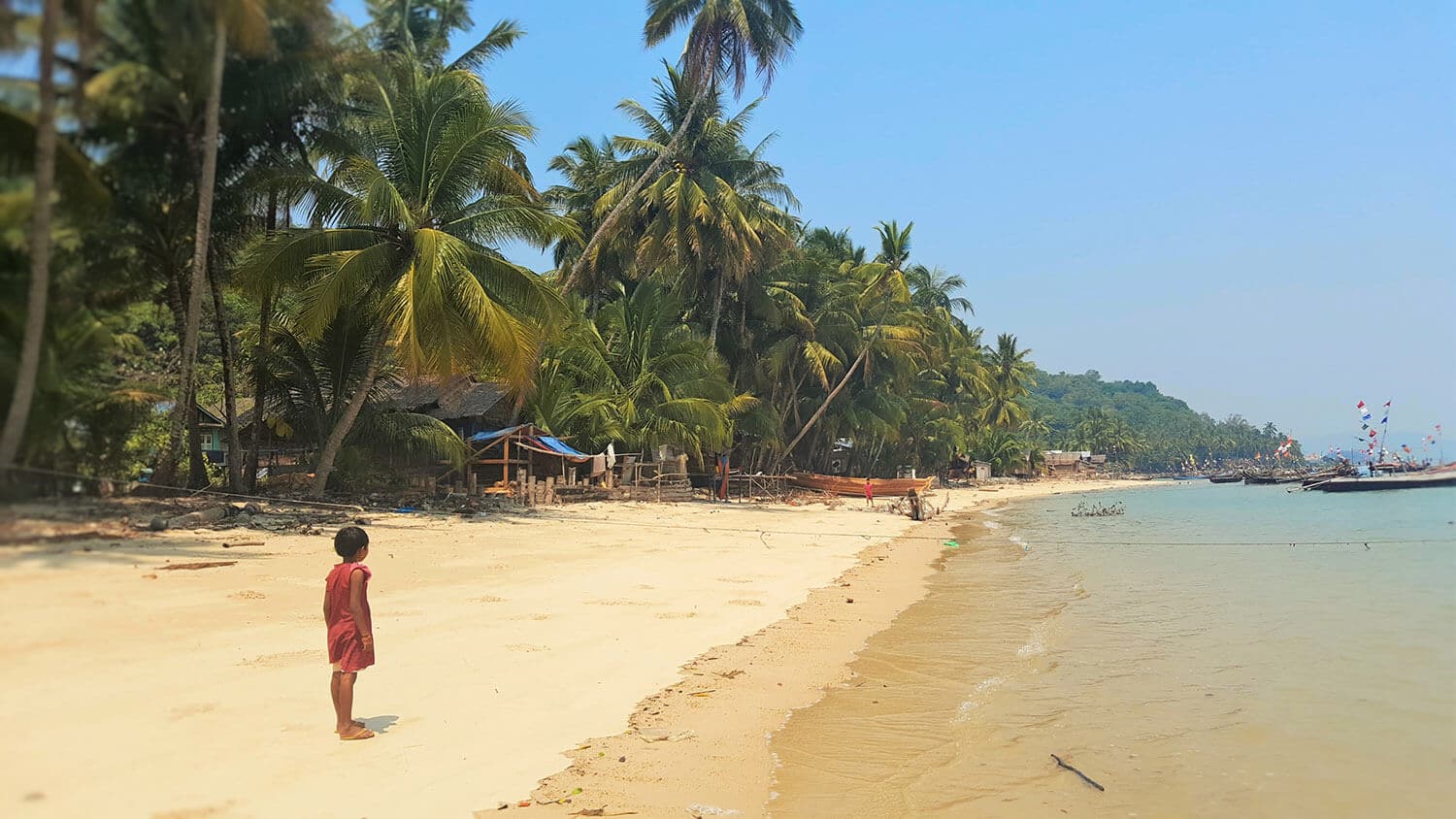
If quitting your job and traveling long-term is something that you are dreaming of as well, here are a few things you should know.
1. There’s nothing to be afraid of.
The fear of the unknown is a totally natural thing. Before starting my trip, I was concerned about my financial state and the ability to find a new job after coming back. Most of those doubts got cleared up by travel-planning.
Once I decided where I wanted to go, evaluated my finances and planned out the budget, a lot of things got much clearer.
The rest of my fears were gone the moment I actually started my trip. It might sound bland, but for me traveling was a life-changing experience. Only after escaping my daily routine, I managed to assess my previous life and realized that I didn’t want to come back to the same job. Somewhere along the way I rediscovered writing and started a travel blog which I successfully manage to this day.
2. Prioritizing is the key to success.
Assessing your financial situation and prioritizing is probably the most important part of travel planning. Even though I dreamt about visiting Australia since I was a kid, I also understood that traveling in the land of the kangaroo for a long period of time would be a very expensive pleasure.
I came to the conclusion that my priority is to travel long-term, change my surroundings and escape routine; it’s less important which part of the world I’m going to do it in.
Ultimately, my travel partner and I chose India and Southeast Asia. Prices in these parts are low, the climate is great and there’s plenty to see!
3. Saving up doesn’t have to be painful.
The first thing I did after I cautiously started dreaming about my forthcoming trip, was counting all my income, expenses and deciding on a certain amount of money that I could set aside every month. It wasn’t anything crazy. In an alternative situation, I would’ve spent this money on entertainment, clothes, a car, or some other pleasures. Instead, I decided to transfer it to my savings account where it wouldn’t distract me.
It took me around 2,5 years before I had an amount of money I was happy with. During that time, I lead a pretty normal life, didn’t starve or otherwise limit myself. The only thing I tried to do was always being conscious. Before buying something new, I would always ask myself if I really needed it. Most of the times the answer was ‘NO’.
4. Travel documents, insurance, and vaccines.
There are a few things that need to be taken care of before setting off on a long-term trip (and you need to take them into consideration when planning your travel-budget). The first thing is sorting out your travel documents. Your passport has to be valid for at least six months after the end of the trip, and some countries require visas. In my case, we only organized the Indian visa beforehand, all the other visas (for Vietnam, Laos, Cambodia, Thailand, and Myanmar) we got on the borders or online during the course of the trip.
Travel insurance is another thing you need to take seriously. Even if all goes well, at some point during your long trip you’ll definitely need some headache medications, nose drops or anti-diarrhea pills. You might have to get some vaccinations beforehand as well. Check online or consult with your doctor which ones are required/recommended.
5. What to pack?
Packing for a long-term trip might be a little tricky. While you want to be prepared for the unexpected, there’s only so much you can carry on your shoulders. What you’ll definitely need, is a comfy backpack and high-quality shoes. A lot of the other stuff you’ll be able to buy on the trip (if there’ll be a need). My backpack could’ve been much lighter if I hadn’t taken that huge Hebrew language book which I promised myself to study on the trip but never even opened.
6. It’s impossible to plan everything.
You simply cannot anticipate all the little things that will happen, all the adventures you’ll get yourself into and all the people you’ll meet during a long-term trip. Before setting off, we only had plane tickets to Mumbai and accommodation bookings for the first week of the trip. Once we started traveling, everything was happening spontaneously. We would decide where to go next based on the conversations we had with other travelers and quick research online. We would book accommodation just a few days in advance or only after arriving at a destination.
Flexibility not only lets you save money and nerves; it helps you feel free. For me, being able to live in the moment was the greatest gift I got from this whole experience.
Visualize your goals on the push pin map


